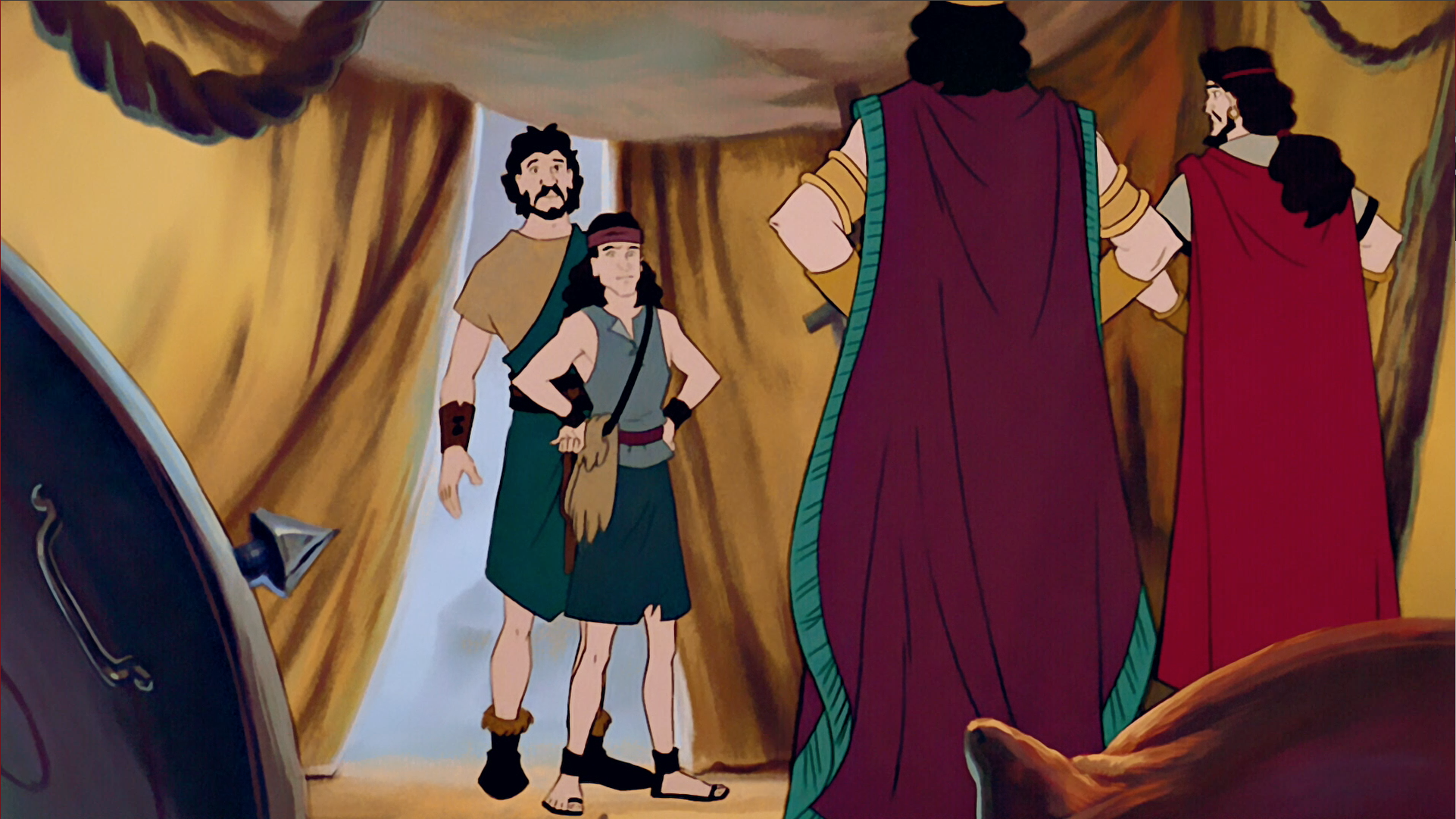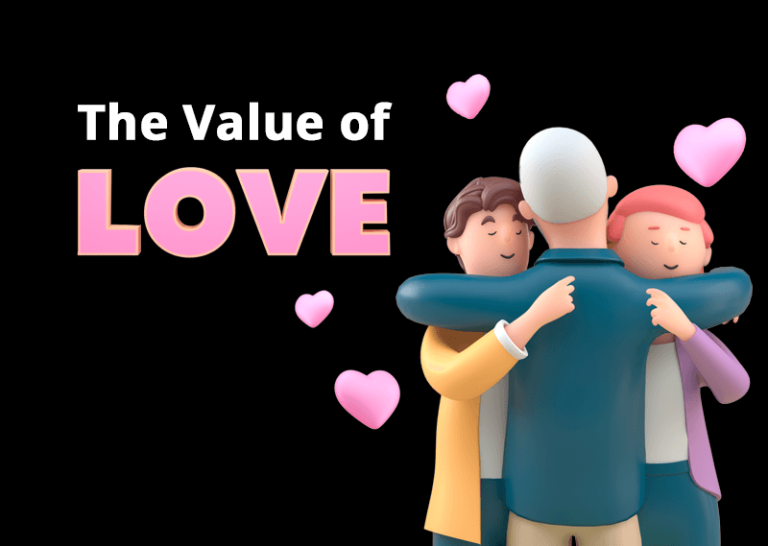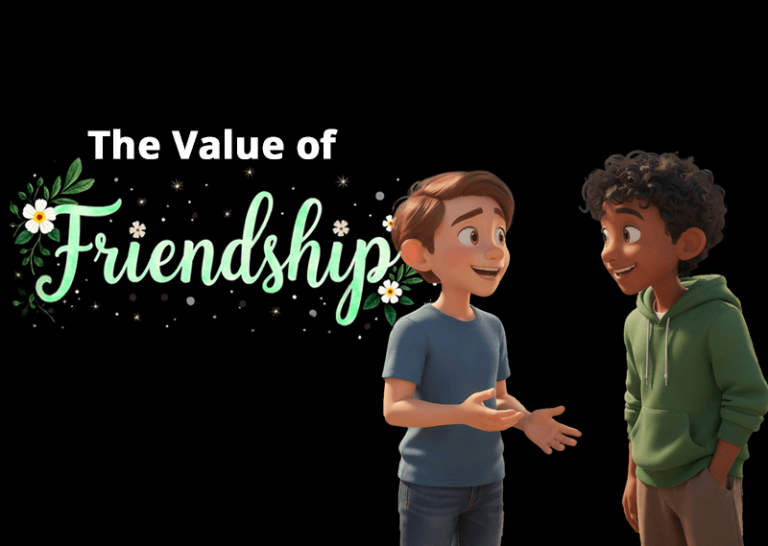Are you being faced with a challenge that seems much too big for you to handle? Have others around you given up on a cause that you hold dear? Then perhaps you could benefit from taking a close look at David’s experience with Saul’s army and Goliath.
When Jesse’s youngest son, David, entered the camp of Israel, he had no idea that he would be doing more than just bringing food to his brothers. But then he saw and heard Goliath. Battles were often decided by one man from each army participating in a duel for the win, and Israel was convinced that they had no one capable of besting Goliath and had sunk into despair.
Not David. He knew that his people, Israel, were God’s chosen people and that the Philistines were wicked. He knew which side of the battle God was standing on. When he heard that no one else dared to fight the giant, David volunteered to do it himself. We probably don’t ask for most of our challenges, but we are certainly capable of figuring out which side God is on. Will that be enough to solidify our faith and spur us forward?
It was enough for David. Picture this young “stripling” (in other words, a teenager in his gangly, awkward stage) standing in front of a nine-foot-tall warrior. David was young enough that his voice may have cracked when he promised to slay Goliath! No wonder people laughed.
It’s easy for us to underestimate ourselves. We look at what we are missing or compare ourselves to others instead of appreciating what we do have. David didn’t fall for that. Instead of focusing on Goliath’s size, heavy armor, and impressive sword—and his own glaring lack of those assets—David drew on his own talents. As a shepherd, he had likely spent hundreds of hours honing his skills with a sling. In addition, many scholars believe that Goliath may have had poor vision, a common trait in giants. Those things would have been promising.
But David was also wise enough to understand that it wasn’t truly his own strengths that would win the day. He knew that the battle was really God’s and that God would be his strength. Perhaps the most dramatic moment of the story comes when David enters the battlefield:
“Then said David to the Philistine, Thou comest to me with a sword, and with a spear, and with a shield: but I come to thee in the name of the Lord of hosts, the God of the armies of Israel” (1 Samuel 17:45).
Of course, we must always use our own resources and take action, just as David ran into battle with his sling. But maybe if we trusted that God always wins His battles, we would be less frightened of the obstacles we have to face.
As we know, David’s story ended with him defeating Goliath and the Philistines in what may have been life’s biggest surprise to everyone present—everyone except David and God, of course. So the next time you’re given a task or trial that feels much bigger than you, follow David’s example. Remember whose side you are on and the importance of your cause. And when you triumph? Of course you’ll be grateful for God’s assistance, but you shouldn’t for a moment be surprised.
| What David Did | What We Can Do |
| Saw Goliath’s unworthiness (1 Samuel 17:26) | Recognize evil and choose to fight against it |
| Used his sling and stones, not armor (17:39-40) | Use our strengths and do things in God’s way |
| Told of God helping him kill beasts (17:34-37) | Remember when God helped us succeed before |
| Ignored people’s doubt that he could win (17:42) | Ignore others’ negative opinions about us |
| Testified that God would help him win (17:46) | Have faith that God will help us |
| Gave God the credit for the victory (17:47) | Thank and credit God for His help |



